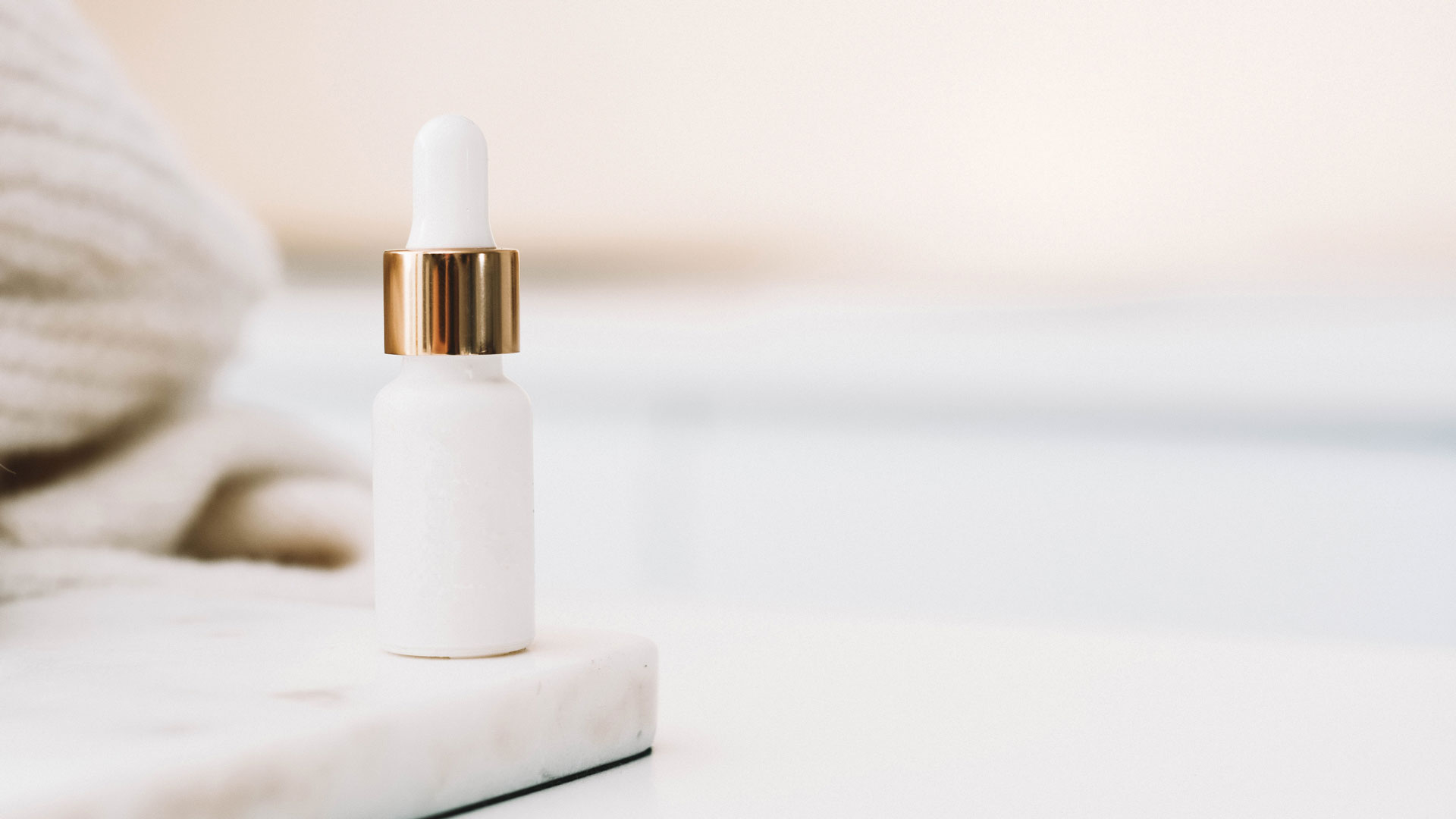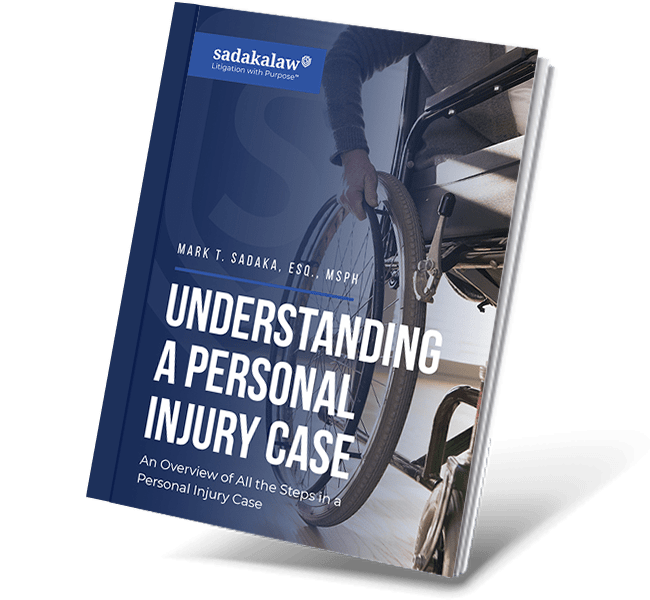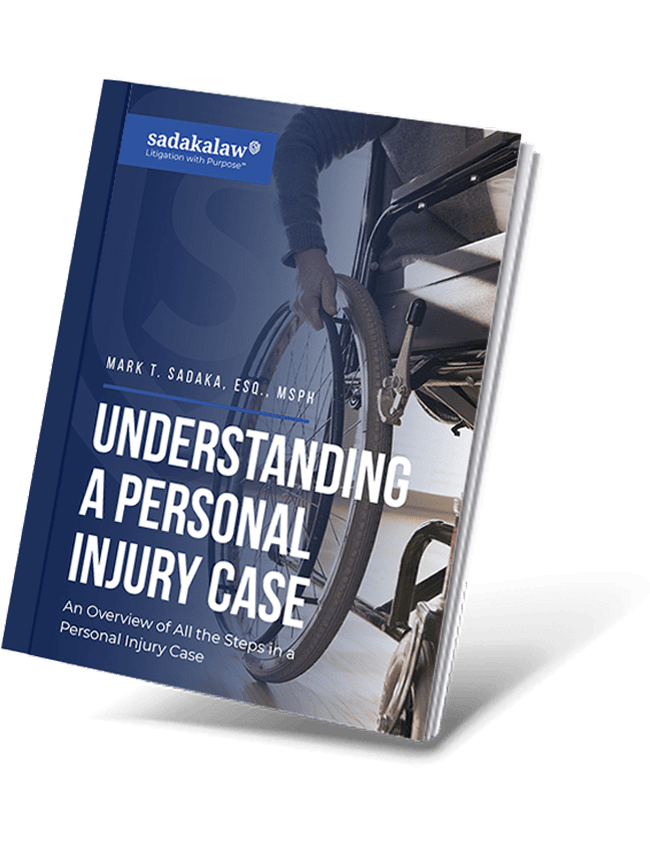
The danger of personal care products is something that is rarely discussed in today’s society. Most people can identify products that have a reputation as being bad for you. For example, weed killers and certain drugs such as valsartan are now well known as being dangerous and have either been recalled or have seen their sales fall as the public realizes the danger. However, there are other products that can be equally as dangerous yet the public either is ignorant of the possible problems or simply does not act on what they know. This is the case with many personal care products that can cause serious health issues, yet the problems have flown under the radar.
There Are No Regulations to Protect You
Personal care products operate in an environment that is almost completely unregulated. The FDA has jurisdictional oversight in name but rarely exercises it in this area. When the FDA does take any action, oftentimes it is after there have been years of reports of harm to consumers. As a result, the public is at risk from their personal care products that can cause harm.
Some have likened the possible damage from personal care products to that which has been caused by the tobacco industry over the years. Even if the harm is not as widespread as the side effects that have been caused by smoking, the consequences can be just as deadly. For example, there have been tens of thousands of lawsuits that were filed against Johnson & Johnson for cases of cancer that were allegedly caused by the company’s talc powder. The lawsuits have alleged that the talc powder contains asbestos although the company continues to deny it. Recently, the FDA found traces of asbestos in samples of talc powder and the company still claims that its product is completely safe.
Do You Know What Is in Your Personal Care Products?
The truth is that the public has very little idea of what is in the personal care products that they use every day. The FDA is somewhat vigilant about manufacturers making false claims about their product, but the regulator is less stringent about the contents and safety of these products. This means that people can be putting themselves at risk on a daily basis with little to no protection from the government.
For starters, there is a danger to the public from the presence of talc in many different healthcare products, and not just talc powder. What is so dangerous about talc is that it is found in the ground right next to deposits of asbestos. Accordingly, the asbestos can mix in with the talc and act as a carcinogen. When it comes to the talc powder, the product has been alleged to cause ovarian cancer. Talc is also found in cosmetics and other skincare products. It is in face care powder and eye makeup. Consequently, people can be applying asbestos to their faces and can breathe it into their bodies.
Nobody knows the true danger of the cosmetics industry, and some are speculating that it can be even more dangerous than the tobacco industry. At least when it comes to tobacco, the public is well aware of the risks. Even at this point, consumers are largely ignorant of any dangers attached to their cosmetics.
The possible harm goes well beyond the presence of talc. There are tens of thousands of different substances that are used in personal care products. We have no idea what these substances are and no inkling if these products are safe. There are no test results or data for the public to see. These ingredients are not studied or approved by the government before manufacturers use them in their products and sell them to the public.
Ingredients Have Changed, Laws Have Not
Not only are the regulators not paying close attention, but the legal framework that applies to cosmetic and personal care products is antiquated. The laws governing this industry date back over 80 years and have not been updated since then. In the meantime, there have been tens of thousands of products brought to market and the chemical composition of these products has grown increasingly more sophisticated. There is simply little to no framework for regulators to do their job and protect the public and, even if there was, little appetite to more closely regulate these industries.
Any of these products can pose a danger to the general public. What compounds the problem even more is that the average person does not use just one personal care product on a daily basis. It is not uncommon for the average woman to use over two dozen of these products each day. This means that there can be hundreds of unknown chemicals being applied to the body on a daily basis.
A major issue is that these personal care products are being marketed as essential to the daily living experience. This creates the impression that consumers must have these products no matter what and increases sales of possible dangerous products. Women especially are being told that they need these products to look good. The problem is even worse when it comes to products that are being marketed to minorities. Hair Care products are sold to African-American women that can contain carcinogens, but the impression is created that the woman simply must have these products.
Even though some women are switching to natural non-toxic products, the problem is getting worse and not better. While European regulators have taken strong action to ban many harmful products, there is no such action being taken in the U.S.. At the very minimum, personal care products should contain some kind of warning label to alert consumers of the possible dangers of what they are purchasing. This way, consumers can make an educated decision about what to buy.
Currently, the only major nationwide litigation that is ongoing as a result of harm from a personal care product is the series of lawsuits against Johnson & Johnson for its talc powder. Very little is understood about the dangers of other personal care products and these could be acting as a hidden killer. The public does not even know what it does not know while it continues to apply these products to their body on a daily basis. In the absence of protection from the federal government, consumers should take the time to do their own homework to learn what is in the products that they use as well as the possible side effects. Outside of that, personal care products will continue to be a silent cause of extensive harm to the public, much like cigarettes were for decades until the public learned more about their dangers.


